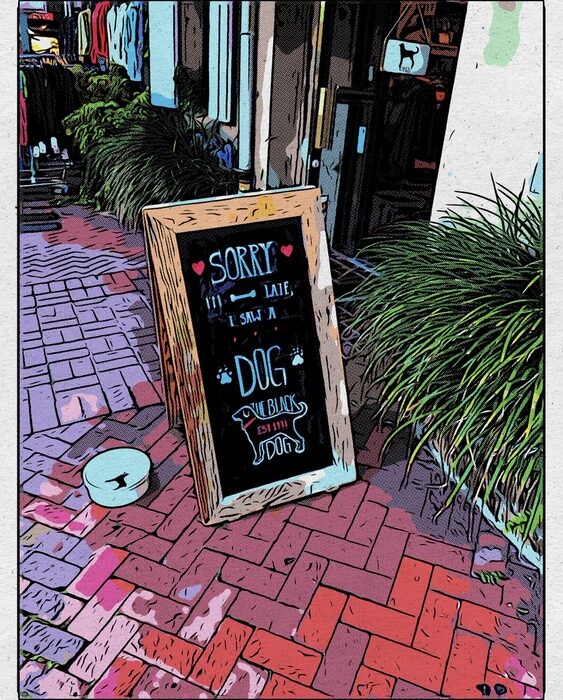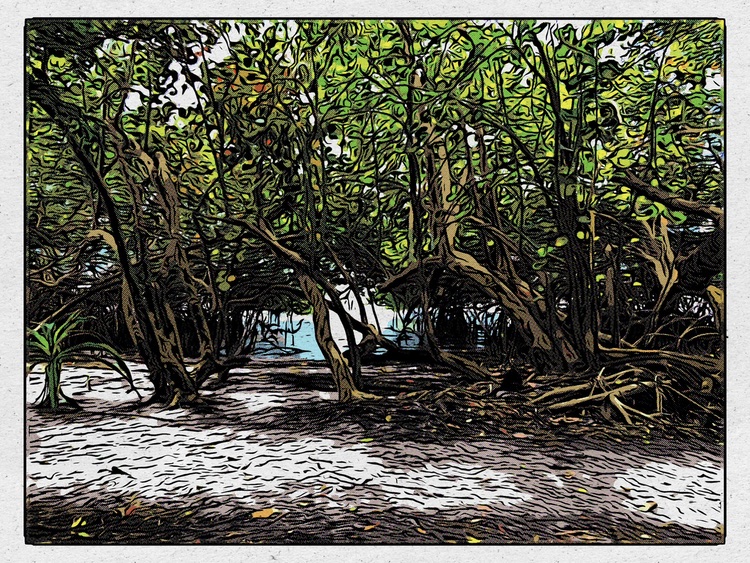Have you heard the phrase “a big lift”? It’s the idea of making a concerted effort to accomplish something big, in one steady effort. The idea being that some accomplishments just don’t quite ever get done via small, daily steps.
Each year, in NO!vember I set about weeding. I try to identify every single thing I’m doing, and then assess whether or not I want to keep doing that. This sets me up for December. In December everyone I normally interact with starts to assume everyone else is on holiday. Things generally get more quiet in terms of projects and work.
In December, I identify big things that I’ve either just discovered (perhaps I didn’t even see them until clearing out in NO!vember) or which I’ve been ignoring (which means they’ve been nagging at the back of my brain.) I try to find a big lift that will yield some sort of big benefit in the coming year—a big time savings, or a big force multiplier for me going forward.
In December, I point my efforts at one of those big lifts…
It invariably ends up being a huge effort—bigger than just “big,” several hours, every day! But each year, as I head into the new year, I ride on that bad-ass high of knowing I cleared the decks in NO!vember and picked off that one big lift in December.
Is there a big lift you can imagine that would shift your continents creating new opportunities or capabilities for you in the new year?
ɕ

